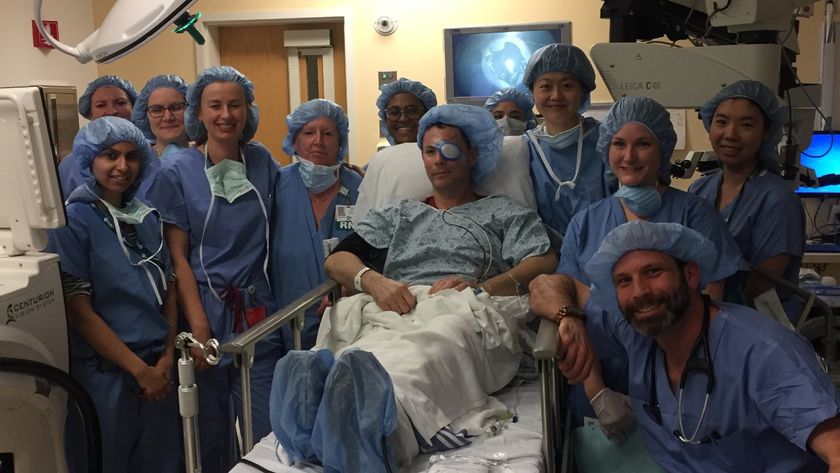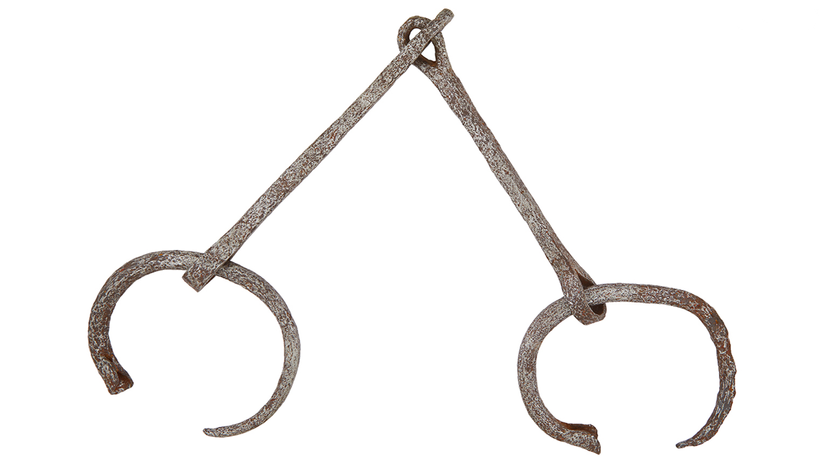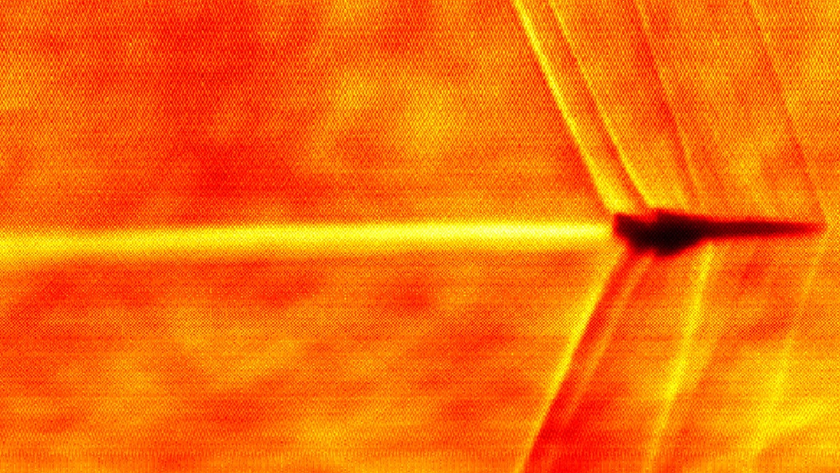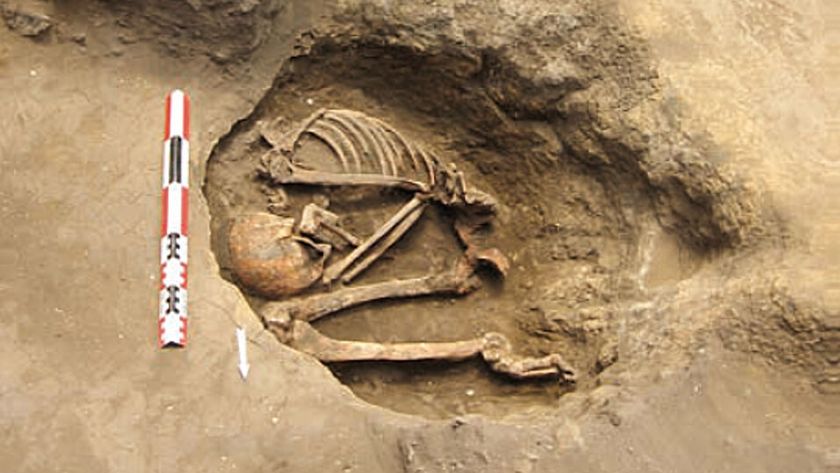Can a 'Poop Transplant' Change Your Weight?
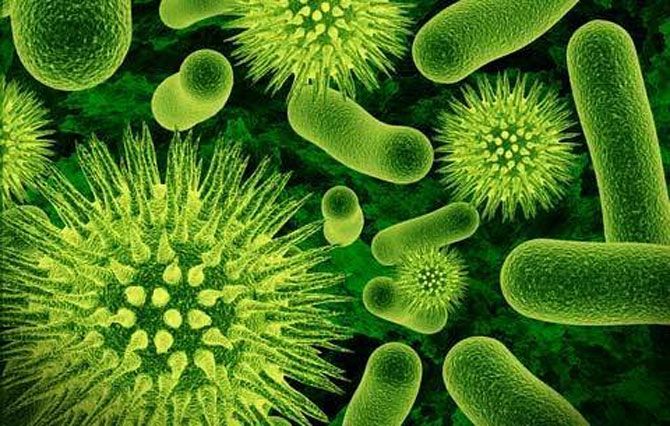
CHICAGO — Studies in mice have garnered attention for a remarkable result: When the feces of one mouse was transplanted to another mouse, the recipient mouse either gained or lost weight.
But can these transplants — which doctors call "fecal microbiota transplantations," or FMTs, and which everyone else calls "poop transplants" — have the same effects in humans?
Two studies that explored that question were presented here at Digestive Disease Week, a scientific meeting focused on digestive diseases. [The Poop on Pooping: 5 Misconceptions Explained]
In both studies, patients who were infected with the bacterium Clostridium difficile (C. diff), which causes severe diarrhea, received fecal transplants from healthy donors. Indeed, FMT is now often used to treat patients who have C. diff infections that keep coming back.
In one small study, researchers looked at data on the BMIs of 15 patients who underwent FMTs to treat C. diff infections between 2014 and 2016. Each patient's BMI was measured just before the FMT, and then remeasured at several points over the year after the transplant, according to the study.
All of the patients in the study received stool from OpenBiome, a company that provides stool from healthy donors who have healthy BMIs, said Dr. Valery Muenyi, a resident physician in internal medicine at the University of Miami and the lead author of this study.
The average BMI of the patients before the transplants was 28.9, according to the study. When the BMIs were measured one to three months after the transplants, that average had decreased to 27.4, the researchers found. And generally, the patients who had BMIs that were higher than the average before the transplant showed greater decreases, according to the study.
Sign up for the Live Science daily newsletter now
Get the world’s most fascinating discoveries delivered straight to your inbox.
The weight loss was maintained at three to six months and at nine to 12 months after the procedure, Muenyi said. For example, 10 patients were included in the follow-up six months after the procedure, and at this point, the average decrease in BMI was 1.5 points.
Muenyi noted that none of the patients were following weight-loss regimens and none had made any changes to their diet following the transplant.
But the research on the effects of FMT and BMI is still in its early stages.. "I think we need a lot more numbers," Muenyi told Live Science.
However, not all studies reached the same conclusions.
In the second study, also presented here on Tuesday (May 9), researchers found that FMT did not appear to affect people's BMI.
In this study, 70 patients received FMTs to treat C. diff infections. Twenty-five of the patients received stool from donors who had normal BMIs; 30 received stool from overweight donors, and 15 received stool from obese donors. [5 Ways Gut Bacteria Affect Your Health]
In the six months before the transplants, many of the patients lost weight, which is common with C. diff infections, said lead study author Dr. Monika Fischer, a gastroenterologist and an assistant professor of clinical medicine at Indiana University School of Medicine.
But in the year after the transplants, the researchers didn't observe statistically significant changes in these patients' BMIs. Interestingly, however, the researchers noted that patients who received stool from normal-BMI donors actually gained a bit of weight following the transplant, while patients who received stool from obese donors did not gain weight.
Still, "it is highly unlikely that one would gain or lose weight following a single fecal transplant, regardless of their stool donor's BMI," Fischer told Live Science.
She noted that there was some concern about using stool from overweight or obese donors after a 2015 case report was published that described a woman gaining 30 lbs. (14 kilograms) after receiving a transplant from her overweight daughter.
However, Fischer said that based on her anecdotal experiences, she wasn't expecting people's BMIs to change after the transplants.
Originally published on Live Science.



